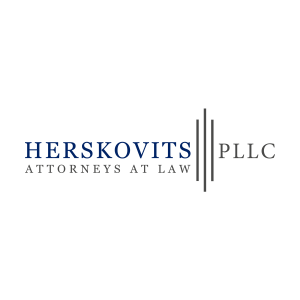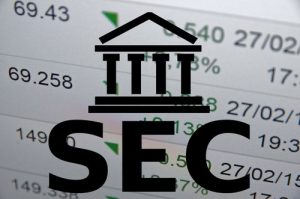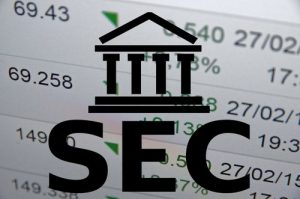
On October 16, 2023, the Securities and Exchange Commission’s Division of Examinations released its 2024 examination priorities to inform investors and registrants of the key risks, examination topics, and priorities that the Division plans to focus on in the upcoming year. This year’s examinations will prioritize areas that pose emerging risks to investors or the markets in addition to core and perennial risk areas.
“The Division of Examinations plays a critical role in protecting investors and facilitating capital formation,” said SEC Chair Gary Gensler. “In examining for compliance with our time-tested rules, the Division helps registrants understand the rules as well as ensures that markets work for investors and issuers alike. The Division’s efforts, as laid out in the 2024 priorities, enhance trust in our ever-evolving markets.”
“Continuing to make our examination priorities public increases transparency into the examination program and encourages firms to focus their compliance and surveillance efforts on areas of potentially heightened risk to retail investors,” said Division of Examinations’ Director Richard R. Best. “We hope that aligning the publication of our examination priorities with the beginning of the SEC’s fiscal year will provide earlier insight to registrants, investors, and the marketplace of adjustments in our areas of focus year to year.”
 FINRA Lawyer Blog
FINRA Lawyer Blog







